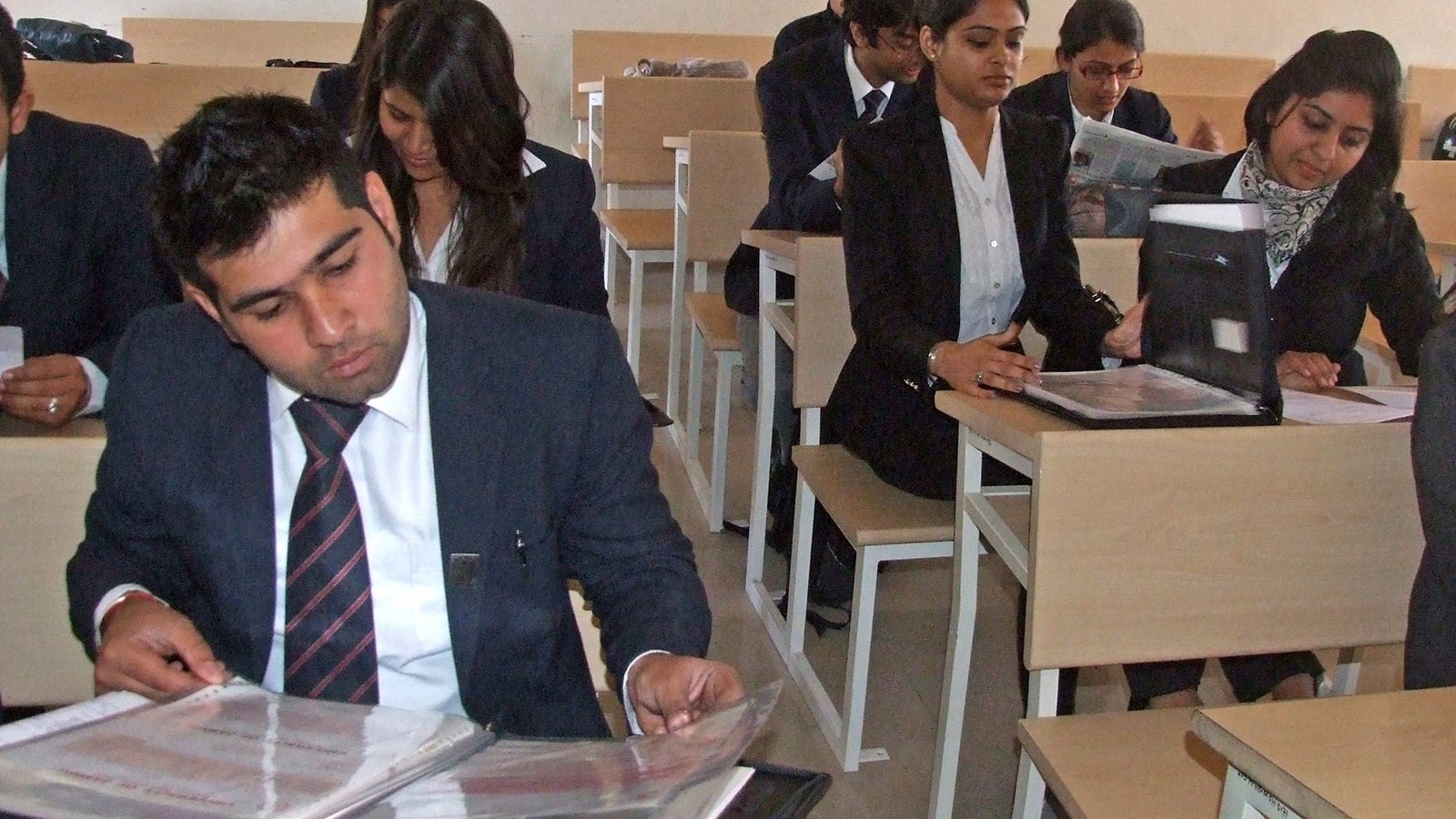Click here to join Express Pune WhatsApp channel and get a curated list of our stories
Anxious over placements: Engg students opt for higher studies to tide over lean period
Placement officials of some top colleges in the city have said that overall placements, even if slow, remain comparable to previous years.
 While top colleges are expected to stay safe, tier 3 and tier 4 engineering colleges could be left in the lurch. (Express photo/File)
While top colleges are expected to stay safe, tier 3 and tier 4 engineering colleges could be left in the lurch. (Express photo/File)Anxiety over layoffs in major companies, slowed down campus placements, poor salaries and the need for higher education has left engineering students in Pune anxious. While top colleges are expected to stay safe, tier 3 and tier 4 engineering colleges could be left in the lurch.
With mass recruiters like Wipro and Infosys staying away from college campuses in the last quarter of 2023, and the festive season dampened by reports of massive layoffs by companies like Amazon, Google and Snap Inc, young engineering students are left with the prospect of switching fields or having to study further to gain more skills.
Shraddha Takale, a 24-year-old engineering graduate from Cummins College managed to find a job but then decided to give it up. She is now pursuing a course in content creation and working as an independent content creator.
She said, “My college helped me secure a job in an IT company. However, I later decided to switch my career to content creation. The salary was not great and there were absolutely no defined work hours. This made the job very difficult for me. I am now doing a course for content creation.”
However, placement officials of some top colleges in the city have said that overall placements, even if slow, remain comparable to previous years.
The training and placement officer of Cummins College Aamit Rajurkar said, “Majority of our students are placed in reputed organizations and receive decent pay packages. In the last academic year, under adverse situations too, more than 90% of our students got placed through campus placements with an average pay package of 14 Lakhs per annum.”
“Not all is lost, especially for students with good knowledge and useful training because more students are ending up with core companies rather than service-based companies like before,” said Ganesh Kakandikar, associate dean of external relations at MIT World Peace University.
“The overall placements in our college have been comparable to earlier, with 75% of 2024 batch placed already,” said Nilisha Itankar, head of placements at Symbiosis Institute of Technology.
She did however make note that a lesser number of students were sitting for placements. “For the last two years, with the effect of the pandemic, more students were wanting to immediately go for a job. But more students in this year’s batch, compared to last year, are leaning towards further studies.”
Navez Ali, a 22-year-old engineering student who will pass out this year, hopes to do a masters degree in business-related fields. He said, “The number of companies participating in our college placement program is decreasing each year. The packages they are offering are also inadequate. That is why, I have no option but to go for higher studies in order to secure a better salary package.”
Satish Narkhede, Training and Placement Officer at PICT (Pune Institute of Computer Technology) however warned against a sense of panic over the job market. He said that the benchmark for placement records of this year’s batch should not be last year’s because it was “abnormally high” then.
He said, “There has certainly been a slow down in placements but it has meant a modest 10% reduction in placements for tier 1 or tier 2 engineering colleges. However there is a significant impact in tier 3 and tier 4 colleges. But students with excellent core skills and subject expertise will not have much to worry about.”
Engineering graduate-turned-MBA student, Niraj Deshmukh, now enrolled in Modern College, said, “Only 60% of the students in my college got placed including me but the average salary package was around 5 lakh per annum. So I preferred going for an MBA degree.”
Anish, a 24-year-old who passed out of another Pune-based college last year said, “During my two years of college, the pandemic was going on. That affected my confidence in my skills and I could not find proper guidance. So I decided to wait before taking any job. Instead, I took a six-month-long certificate course in cybersecurity. Now I have got a good job in this field.”
Click here to join Express Pune WhatsApp channel and get a curated list of our stories







